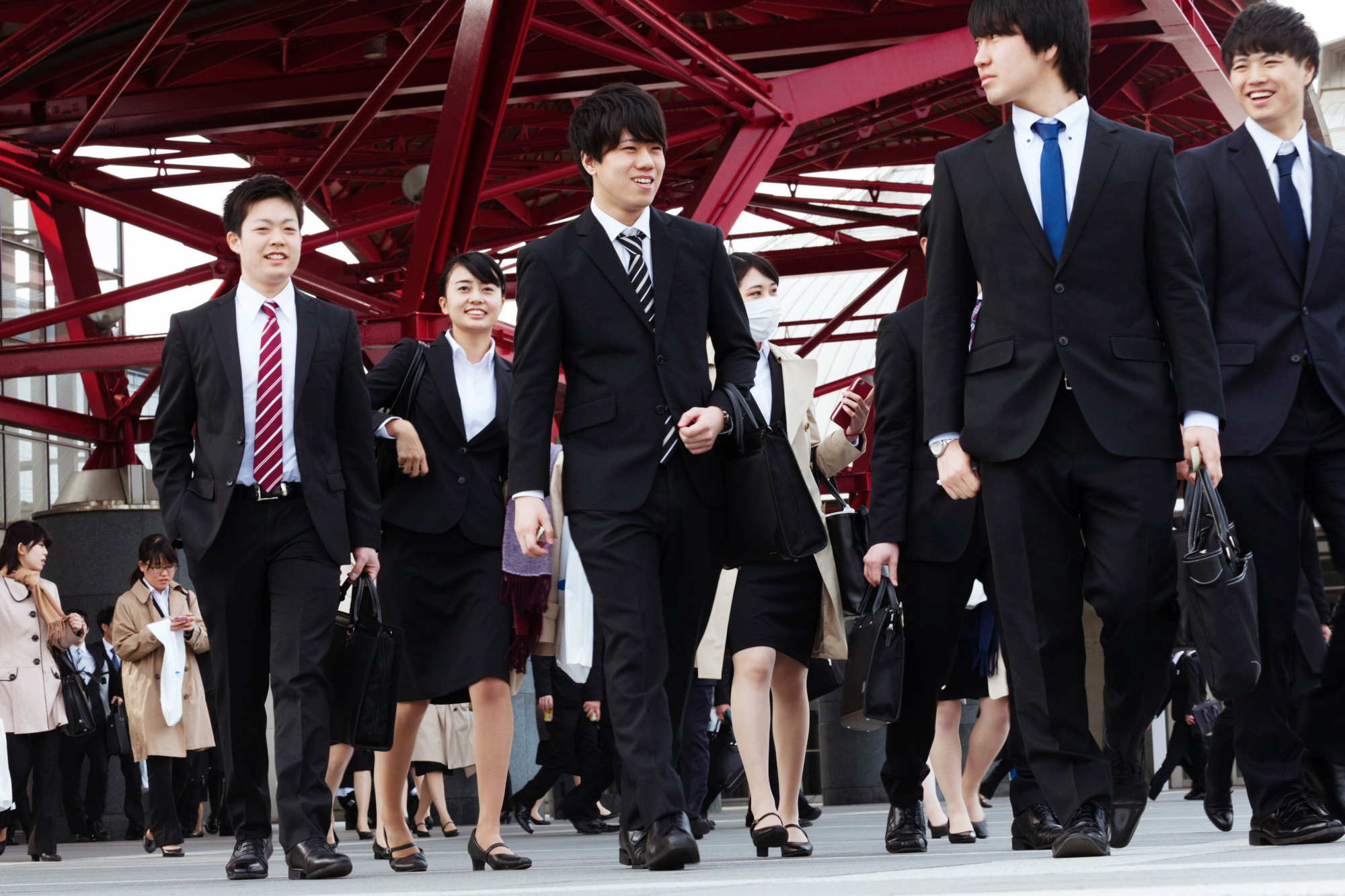I want to be reborn as a 23-year-old Japanese. In fact, the current generation of Japanese high school and university graduates can look forward to achieving something that, unfortunately, looks increasingly unlikely for their peers in the United States, Germany, France, Britain, South Korea or other advanced industrial economies: Yes, Japan will become the envy of the world because it is the one country where the up-and-coming next generation is poised to be better off economically than their parents. Here's to the Reiwa Generation!
The reason for my optimism is simple. It is Japan's demographic destiny combined with the basic forces of economics — demand and supply. As the supply of labor goes down, the price of labor, i.e., wages and income, will go up, and contrary to the simple-minded arguments of the demographic doomsday brigade, rising wages and better incomes actually do trigger a positive supply response. People who previously had given up on looking for work all of a sudden become attracted by better pay and better quality employment contracts. They start working again, and so do people who, quite rationally, had decided that they were better off living off their parents or grandparents rather than working for what they deemed sub par compensation or under unacceptable conditions. The magic of free markets actually does work in Japan.
Just look at the numbers: In the past two years, February 2017 to February 2019 (which at the time of this writing was the latest monthly data set available), Japan's total employment rose by 2.29 million people — from 64.27 million to 66.56 million. At the same time, Japan's total population declined by approximately 840,000. So yes, the number of Japanese has been dropping by almost 1,200 per day; but at the same time, the number of Japanese gainfully employed has actually been rising by almost 3,100 per day.


















With your current subscription plan you can comment on stories. However, before writing your first comment, please create a display name in the Profile section of your subscriber account page.